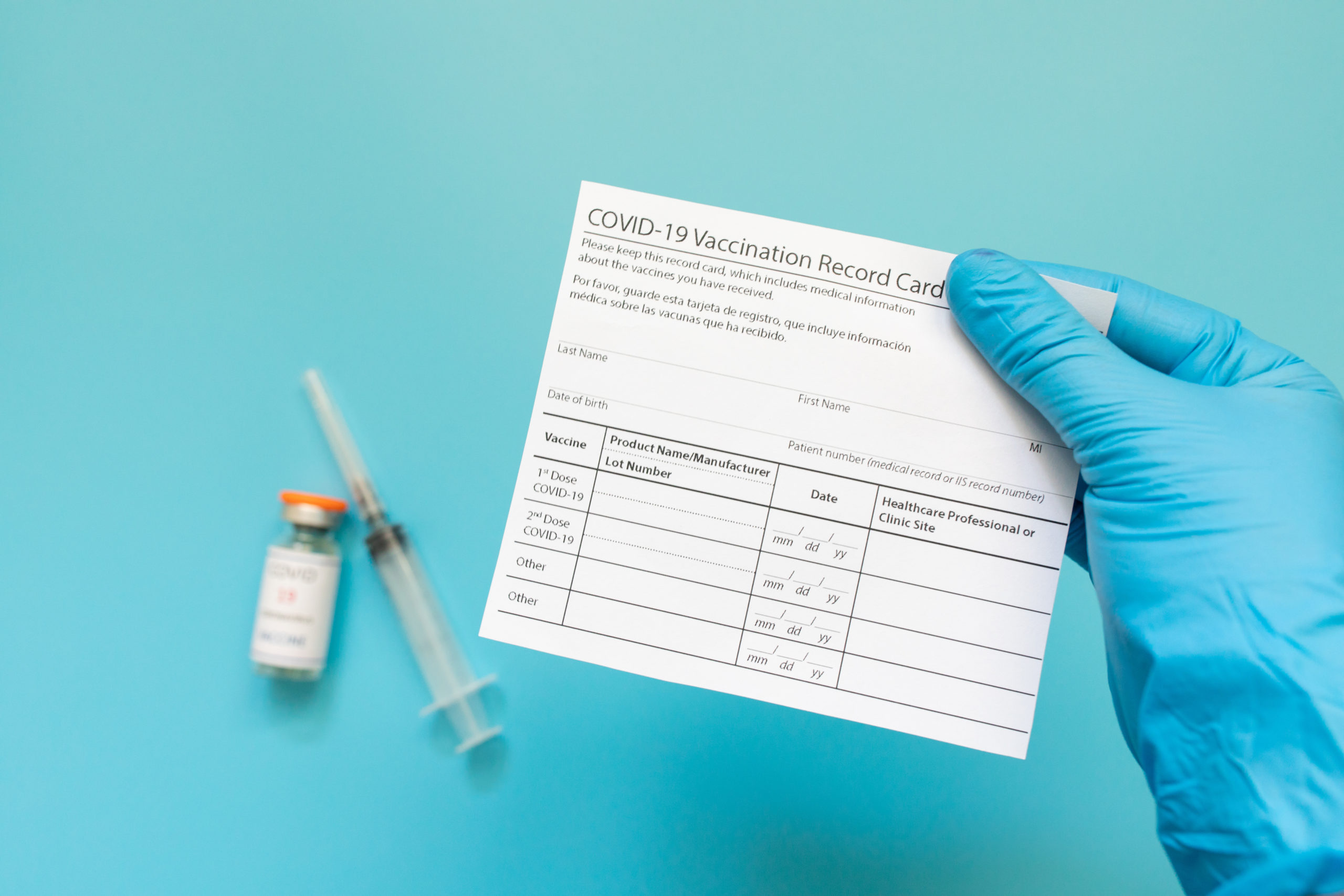
Although the number of cases continue to decrease from what they have been in the previous months, Louisiana has one of the lowest vaccination rates in the country.
I would like to start this blog post by pleading to the people of Baton Rouge to continue to use caution when out in the community. Although the number of cases continue to decrease here and across parts of the country, unfortunately, Louisiana has one of the lowest vaccination rates. I encourage anyone that has not been vaccinated, to please arrange to receive your vaccine. Please call 225-246-9240, or go to our Vaccine Information Page on our website, to schedule an appointment.
Although the CDC no longer recommends continued masking, this recommendation only applies to those that HAVE BEEN VACCINATED. If you have not been vaccinated, I urge you to please mask up when you are in an indoors public area in the city. The Pfizer vaccine is now available to everyone 12 and older, while Moderna remains for ages 18 and older. We continue to encourage everyone that is eligible to get vaccinated as soon as possible.
I would also like to remind everyone that SARS-CoV-2 has only been around for about 18 months. We continue to learn about the virus, its effects following infection, new variants, and the effect of immunization. There is still a lot that we do not know but as time continues to pass, we will continue to learn more about infection and immunity.
We now suspect that most patients that have had natural infection with SARS-CoV-2 likely develop antibodies that last close to a year. We suspect that they may last longer, but more time and additional studies are needed before we can make a definitive conclusion. Interestingly, the antibody responses that occur after natural infection differ than that which comes with vaccination. This is also something that requires additional evaluation and study.
It appears that asymptomatic patients infected with SARS-CoV-2 have less of an immune response, and may not develop protective antibodies, when compared to those that had symptomatic infection. It is especially important for these individuals to be vaccinated. Although symptomatic infections appear to provide protective antibodies, we do not yet know the degree of protection or length of protection against re-infection. As a result, we recommend that vaccination occur even in those individuals that have acquired natural infection with SARS-CoV-2 (at least 90 days after infection).
We currently have 3 FDA (EUA) approved vaccines available in the U.S. (Click here for more information about each vaccine)
Using vaccination as a means to prevent disease was first conceptualized in the 18th century. By the 20th century, we had several vaccines developed for disease such as yellow fever and influenza. Interestingly, global eradication of smallpox and polio have been achieved due to vaccination efforts.
“I hope you trust your local Infectious Disease physician. Take it from me, who has had COVID infection, you do not want to be infected with this virus!! I highly recommend vaccination for everyone that can receive it. I myself have been vaccinated. The rest of my family will be vaccinated when possible, I currently have only one child that qualifies for it by age, and wish my younger one could receive it sooner.”
What does vaccine efficacy mean?
When “vaccine efficacy” is used regarding the current COVID-19 vaccines available, it means the efficacy at preventing clinical disease, or how effective it is at preventing clinical disease. So by being vaccinated, you are 94-95% protected against developing disease if you are exposed to the SARS-CoV-2 virus.
How long does immunity last after vaccination, or how long will people be protected against COVID?
The participants of the clinical trials for both the Pfizer and Moderna vaccine have not been followed long enough to know this answer for sure. Currently we only know how long they have been followed. As more time passes, we will have more data and can make better conclusions.
How soon after vaccination (with one of the mRNA vaccines) can you expect protection against symptomatic disease?
Based on the current clinical trial data, within 14 days of receiving the second dose of the Moderna vaccine, you can expect 95% efficacy for preventing symptomatic infection. In the Pfizer trial, 95% efficacy for preventing symptomatic disease was seen as early as 7 days after receiving the second dose.
Is there a role to checking antibodies before receiving vaccination against SARS-CoV-2?
No, currently the CDC does not recommend laboratory testing for antibodies prior to receiving vaccination. The presence of protective antibodies should not dissuade you from receiving the vaccine. Remember, we recommend that even patients that have had symptomatic COVID infection be vaccinated when it is safe to do so, at least 90 days after infection.